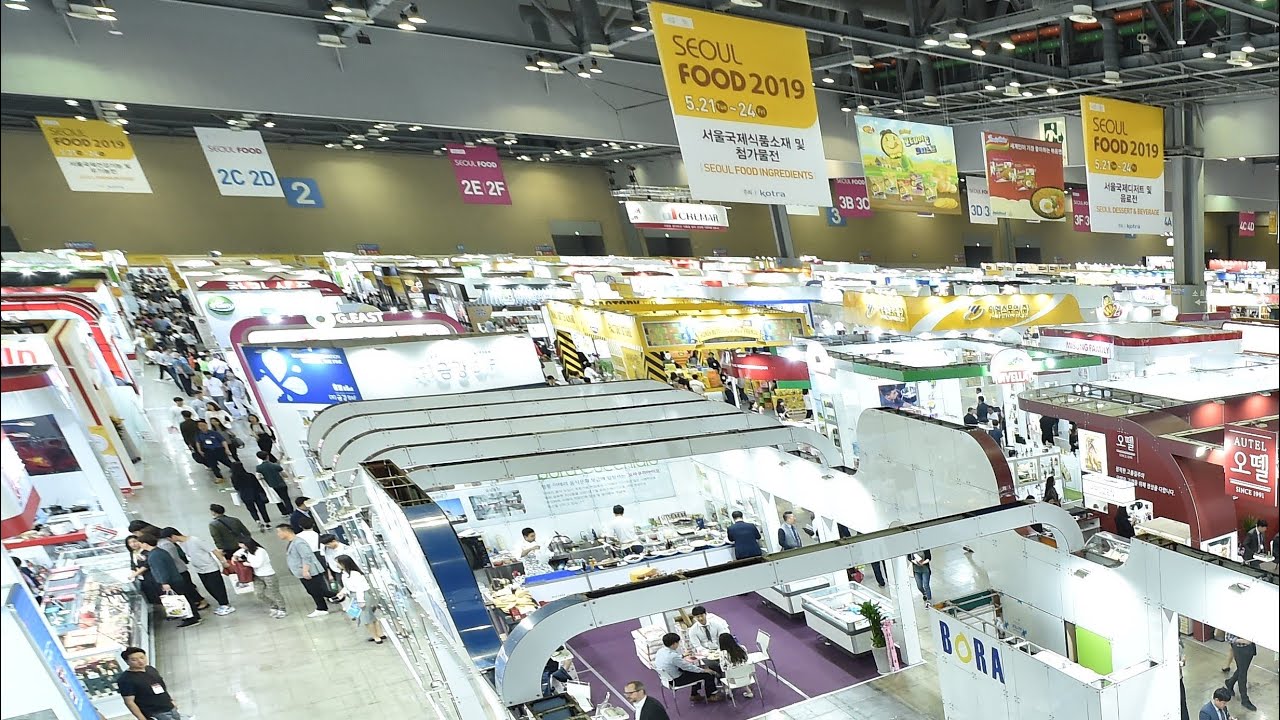
Chamberlains of London – Seoul Food & Hotel 2025 opened its doors to an international audience hungry for innovation, quality, and cultural fusion. Among the standout initiatives was the EU Good Food campaign, which brought a fresh European presence to Asia’s dynamic culinary stage. This campaign celebrated the richness of European agriculture through a curated showcase of hormone-free, high-quality products. Live cooking stations offered guests a unique opportunity to experience European pork, beef, kiwis, and canned peaches prepared with a Korean twist.
Chefs blended local ingredients and traditional European techniques, revealing new flavor synergies. EU officials and culinary professionals emphasized how food safety, sustainability, and traceability remain the foundation of the campaign. With increasing global focus on nutrition and authenticity, the event served not only as a food expo but also as a bridge between European producers and Asian markets. The collaborative energy at Seoul Food & Hotel 2025 marked a growing appetite for ethical and flavorful global cuisine.
The debut of EU Good Food at Seoul Food & Hotel 2025 signaled a renewed commitment to global food partnerships. European producers highlighted their dedication to quality by presenting hormone-free pork and beef, freshly harvested kiwis, and canned peaches processed under strict safety regulations. These items were selected not just for taste but also for their compliance with rigorous European standards. Product origin and traceability were explained clearly to visitors, who were encouraged to explore QR codes and digital displays about supply chain transparency. This educational component helped distinguish EU offerings in a crowded expo floor filled with global brands. Korean chefs and importers expressed keen interest in using these ingredients in fusion recipes, recognizing their potential in both fine dining and home cooking. The campaign’s focus on integrity, from farm to table, resonated with health-conscious consumers and culinary professionals alike, reinforcing the trustworthiness of European exports in international markets.
“Read about: Crab Cake Royalty: Tony’s Serves Lexington’s Most Lavish Starter”
Throughout the event, live cooking demonstrations drew crowds eager to watch top chefs integrate European ingredients into Korean-style recipes. With sizzling pans and aromatic sauces, chefs illustrated how EU pork could enhance traditional bulgogi or how canned peaches added unexpected brightness to kimchi salads. These sessions went beyond entertainment, serving as masterclasses in cross-cultural collaboration. Attendees included food bloggers, nutritionists, restaurant owners, and grocery buyers, all looking to understand how European products could adapt to local preferences.
Culinary experts from Greece and Poland shared insights into flavor balancing and preservation techniques. The use of storytelling helped frame each dish within a larger narrative about food heritage and sustainability. By combining education with sensory experience, the EU Good Food campaign positioned itself not only as a provider of high-quality goods but also as a contributor to Korea’s evolving food culture. The demos made clear that international ingredients can support local creativity rather than compete with it.
Behind the aroma and taste, Seoul Food & Hotel 2025 also served as a platform for economic dialogue. The EU Good Food booth became a hotspot for meetings between European trade officials and Korean importers. Representatives discussed the value of strengthening bilateral trade relations through food exports built on transparency and quality. Delegations from Greece and Poland emphasized how their farming practices align with Korea’s growing demand for safe and sustainable food. The campaign supported these efforts by offering multilingual materials, nutritional data, and information on logistics support for potential partners. Korean distributors praised the consistency and labeling of EU products, which reduce uncertainty in supply chains. With both sides seeking long-term food partnerships, the event laid groundwork for future trade agreements. This deeper connection between the EU and Korea, built on mutual trust in food systems, highlights how culinary diplomacy can be a powerful tool for international cooperation.
“Read more: Sacred Vows in Nature: The Rise of Wellness Weddings”
One of the most compelling aspects of the EU Good Food campaign was its emphasis on food safety and sustainability. Visitors learned how European farmers follow strict environmental guidelines and avoid harmful additives in livestock and crop production. These practices not only protect consumer health but also support long-term ecosystem balance. Informational kiosks featured videos and infographics detailing efforts to reduce carbon footprints, use renewable resources, and maintain animal welfare. Korean stakeholders expressed appreciation for these standards, especially as domestic conversations around sustainable sourcing grow louder. Through its campaign, the EU offered not just products but a model for responsible consumption. The booth’s success at Seoul Food & Hotel 2025 proved that international markets increasingly reward values-driven brands. As more consumers demand accountability from the food industry, EU Good Food showed how regulation, innovation, and tradition can combine to lead a global shift toward safer and more ethical eating habits.